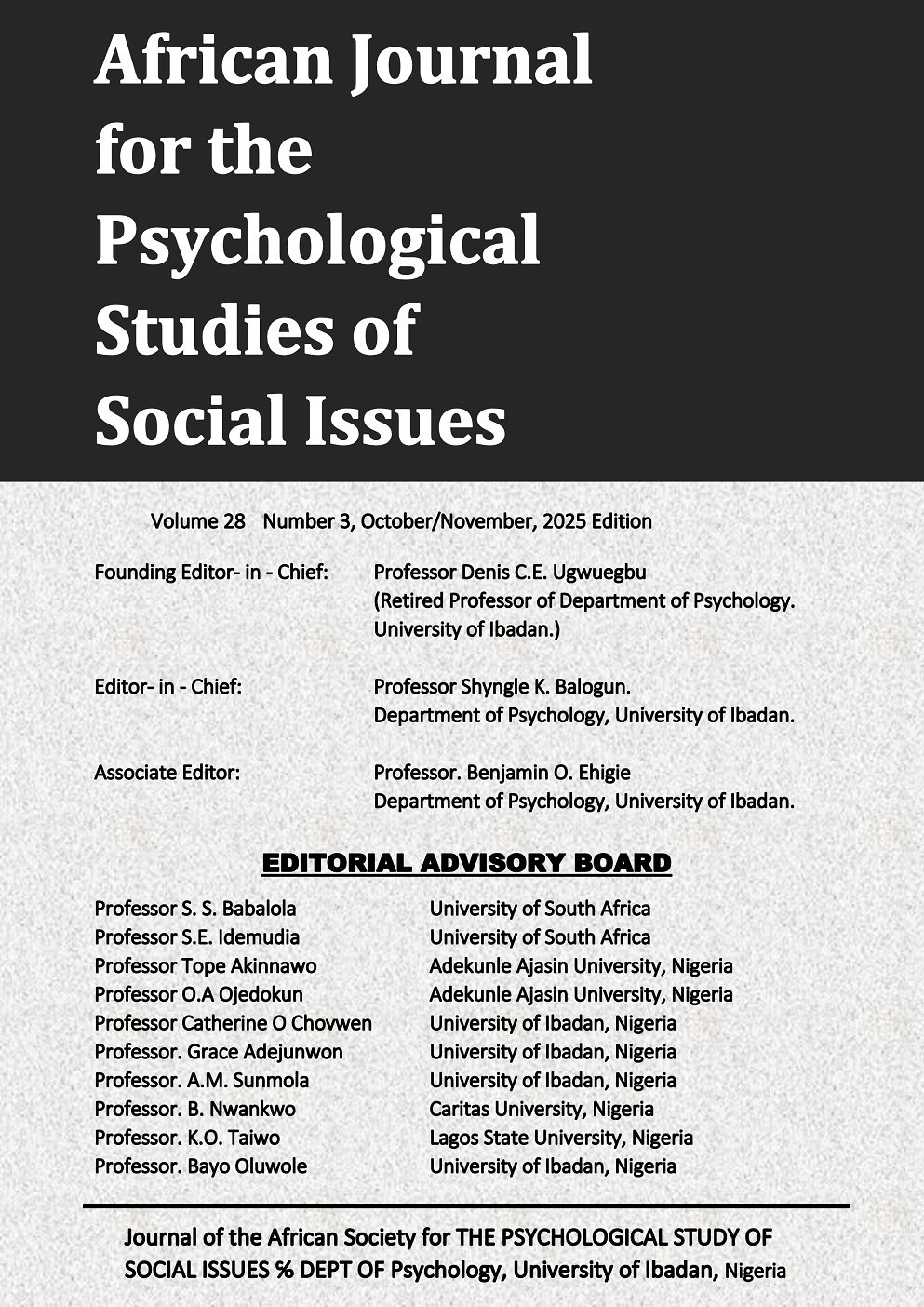THE PARADOX OF PROGRESS: HOW CIVILIZATION DULLS HUMAN INGENUITY
Abstract
This paper argues that restoring creativity as a central dimension of human thought, behavior, and everyday living is essential to addressing today’s interconnected crises and renewing shared humanity. Creativity is not merely a luxury or restricted to artistic and technological endeavors but represents the innate human capacity to generate adaptive and meaningful responses to uncertainty and complexity. As a resource for psychological resilience, social cohesion, and ecological awareness, creativity offers a lifeline for navigating crises and fostering renewal. The paper highlights that creativity is evident in everyday practices such as caregiving, teaching, parenting, organizing, and community problem-solving, where imagination and adaptability persist despite constraints. These often-overlooked forms of creativity contribute significantly to personal fulfillment, collective healing, and social transformation. Yet, prevailing educational, institutional, and economic systems suppress this potential through rigid norms, fear of failure, and excessive focus on control and productivity. In response, the paper critiques such limiting structures and proposes alternatives that prioritize curiosity, empathy, and experimentation. Approaches such as inquiry-based learning, narrative practices, ecological design, and community arts are presented as models that nurture exploration and cultivate creative agency. At the same time, the paper warns of mounting threats to creativity, including technologies that emphasize efficiency over discovery and economies that reduce individuals to consumers rather than creators. These trends undermine the imaginative capacities crucial for addressing complex global challenges. Ultimately, the paper calls for creativity to be recognized as both a civic and ethical imperative
Keywords: creativity, ingenuity, human condition, technological innovation, Artificial Intelligence, education reformI.
Downloads
Downloads
Published
Issue
Section
License
Copyright (c) 2025 AFRICAN JOURNAL FOR THE PSYCHOLOGICAL STUDIES OF SOCIAL ISSUES

This work is licensed under a Creative Commons Attribution 4.0 International License.
Copyright is owned by the journal.




